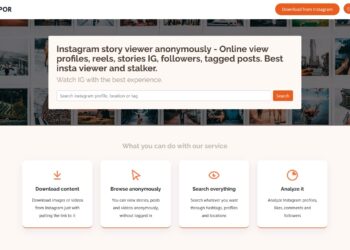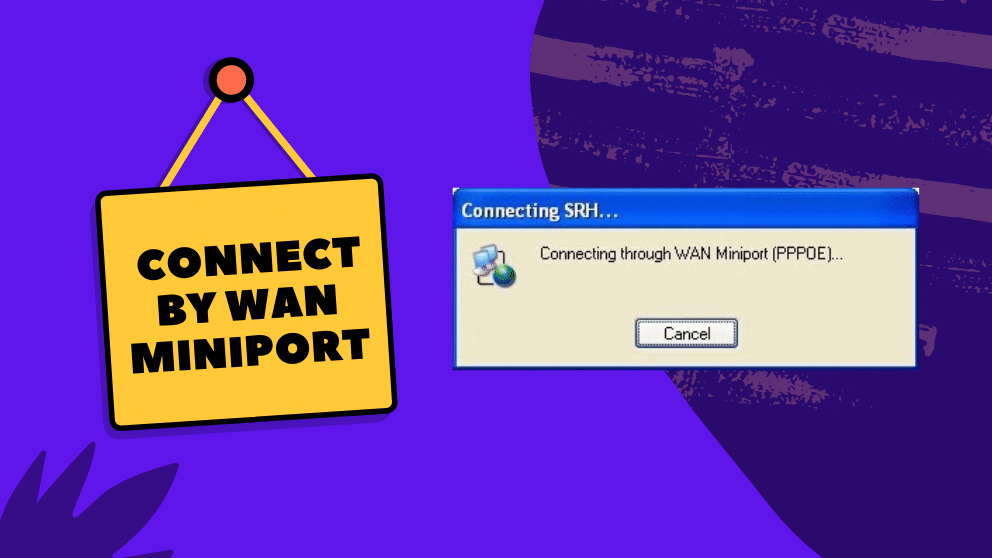The internet’s primary purpose was to create a free and open global space for all people across the globe. Although that was true for a while, governments and other institutions slowly but surely started limiting how people could use the internet.
However, internet users increasingly recognize the importance of open or public data. More and more internet activists and organizations are working tirelessly to create a more open digital world where all non-personal information is available and easily accessible by anyone.
Today, public data is one of the biggest internet trends. Governments and institutions worldwide are working to open as much non-personal data as possible. Open data in Europe is already a big hit; you can learn everything about this fascinating concept here.
What is open data?
Open data is freely available data on the internet that anyone can download, distribute, share, and modify without any financial obligations or legal restrictions. Since open data must not be personal, it usually includes research data or similar datasets.
With that said, not all data can be open. The crucial features that public data must have are:
- Availability: Open data is available to everyone in its entirety, meaning anyone can easily download it from the internet at no cost and without any fees.
- Accessibility: Open data is accessible by everyone, meaning it’s available in a convenient form for anyone to change or modify easily.
- Reusability: You can reuse open data as often as you want, as long as you respect the terms and conditions of data use.
- Redistribution: You can easily share, distribute, and combine open data with information you gather from other sources.
- Unrestricted use: Open data doesn’t have any restrictions, so internet users can use the available data however they see fit.
Why is open data important?
Open data sharing has many advantages, making it essential for all kinds of purposes. Some crucial benefits of public data are:
- Increased data accessibility and transparency;
- Enhanced reproducibility of research;
- Increased opportunities for collaboration;
- Promotion of future research growth;
- Support for research integrity;
- Enhanced privacy and consent;
- Strengthening of the economy;
- Improved interpretation of data;
- Prevention of loss of research and duplication;
- Reduced corruption.
With these numerous benefits in mind, it’s safe to say open data is valuable to countless disciplines and applications worldwide. Public data use cases are seemingly infinite, from science, finance, and statistics to culture, weather, and the environment.
For example, companies are increasingly using open data to create job posting datasets. With access to such information, businesses and organizations can quickly find employees that accurately fit the description of the ideal employee profile.
Another excellent benefit of open data is that organizations and researchers can collaborate and contribute to different datasets to make them more detailed and informative.
What are the challenges of open data?
Although most internet users welcome the idea of open data, that doesn’t mean the process of making data open doesn’t come with its challenges. Some common challenges open data has faced so far include:
- Licensing: A lot goes into making online data available or prohibited for free use. Right now, open data in Europe requires special licenses that claim the available data comes with unrestricted access. Furthermore, those licenses must also tackle the issue of redistribution and reuse.
- Labeling: Not all information you can find online is usable. It must be labeled as open to enable free collection and analysis. Identifying data improperly or failing to identify it significantly limits its benefits. Researchers must label their data as open to gain insight into how people can use and distribute it.
- Research ethics restrictions: Online ethics are constantly reaching new heights. Right now, obtaining the necessary consent before making certain data openly available is critical. Everyone takes online privacy and data confidentiality very seriously, so you must handle sensitive information carefully.
Bottom line
We learn more about online data as more and more information becomes free and widely available to the public. While the purposes of open data are numerous, it’s safe to say this type of data increases online transparency, improves data integrity, reduces the risk of data corruption, and enables private and public sectors’ collaboration opportunities.
However, it must be available under an open license for anyone to use or republish without copyright infringement, other restrictions, and possible legal fees.
















